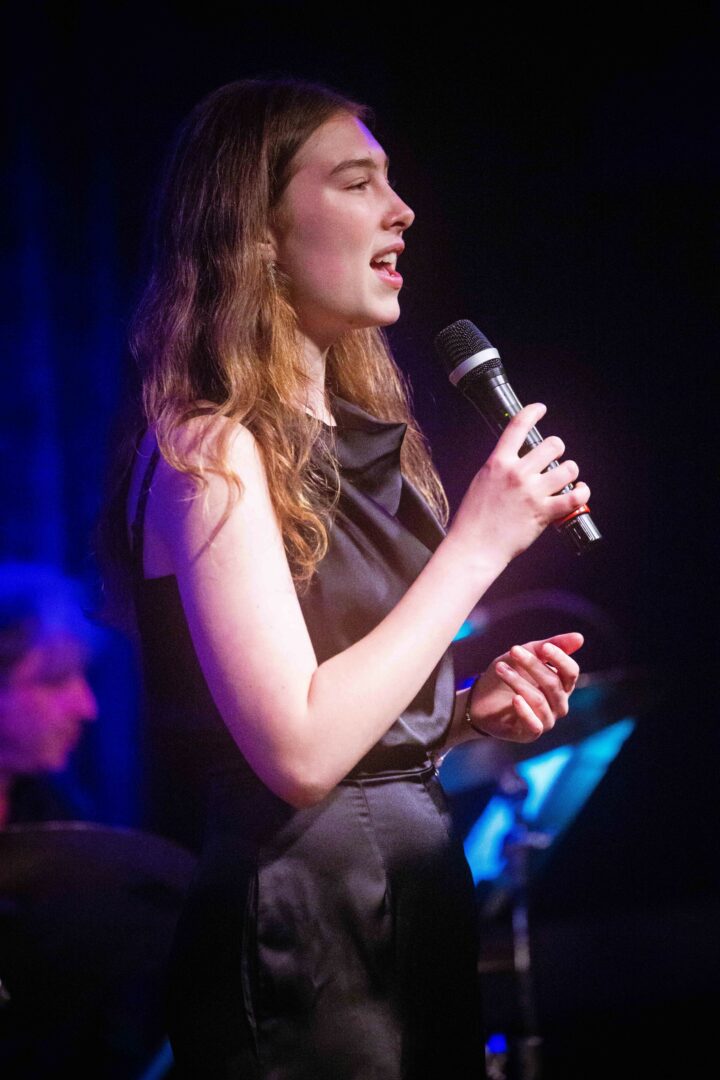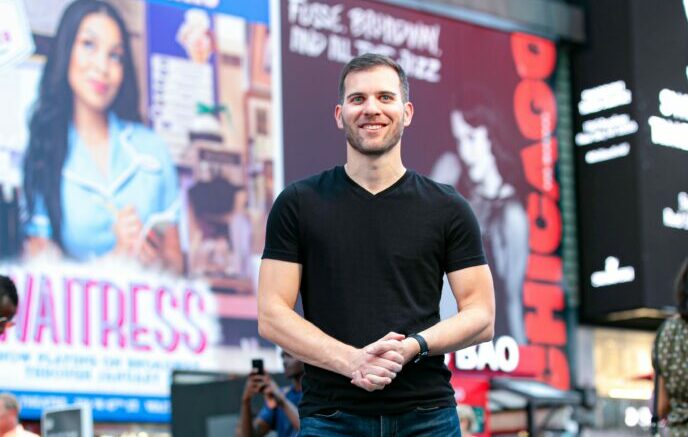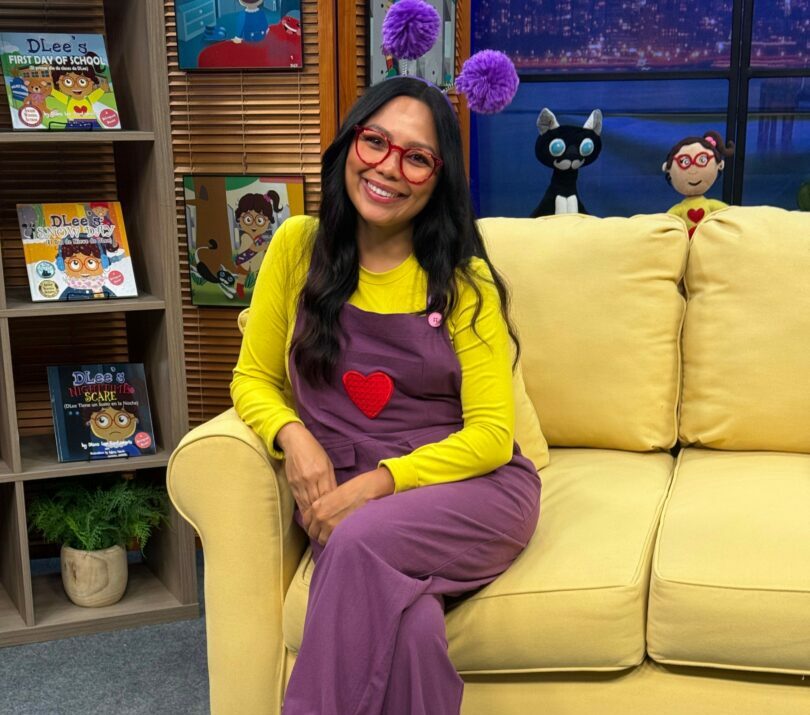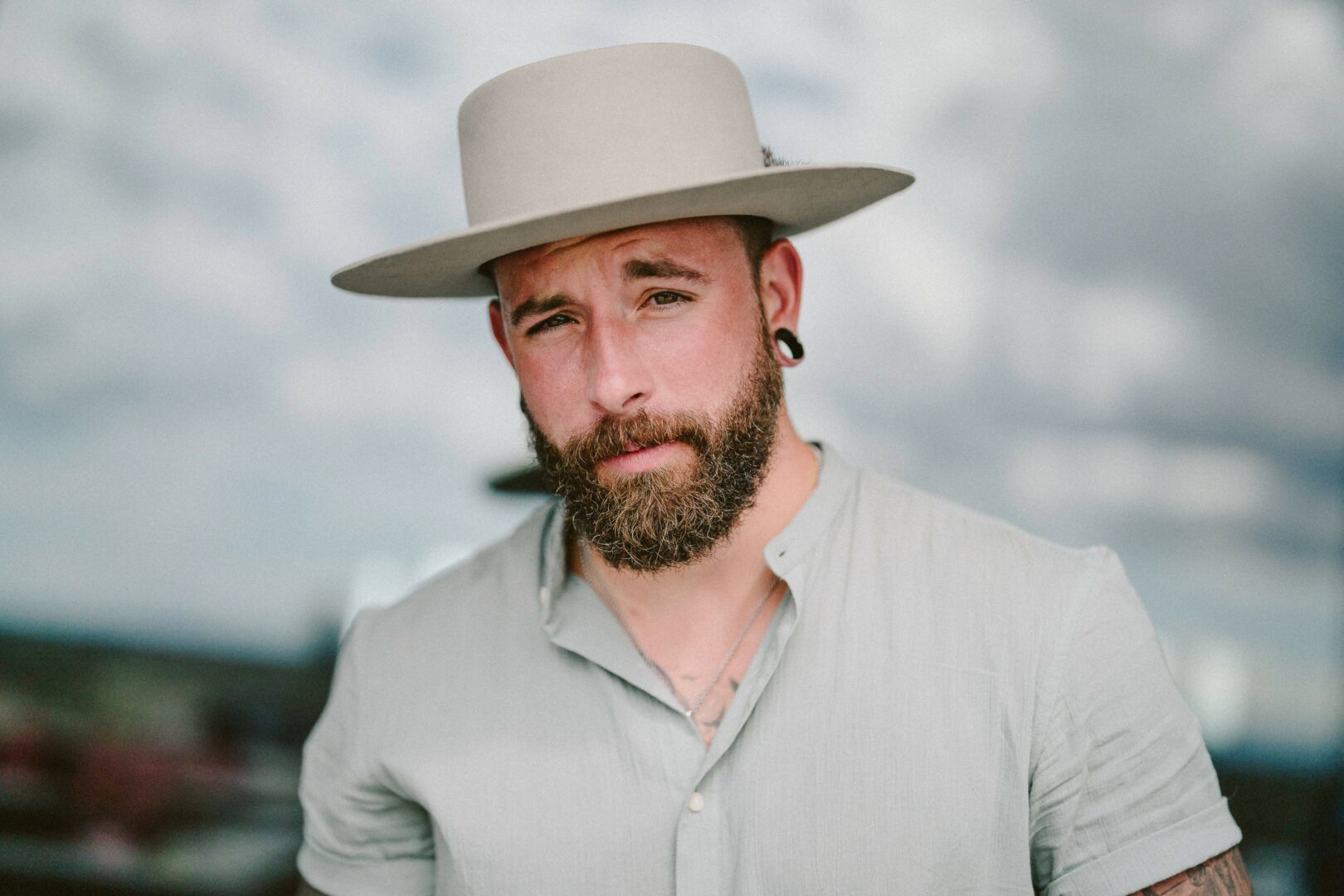Alright – so today we’ve got the honor of introducing you to Angelina Kolobukhova. We think you’ll enjoy our conversation, we’ve shared it below.
Angelina, so great to be with you and I think a lot of folks are going to benefit from hearing your story and lessons and wisdom. Imposter Syndrome is something that we know how words to describe, but it’s something that has held people back forever and so we’re really interested to hear about your story and how you overcame imposter syndrome.
When I decided to be a jazz vocalist, I felt like I was ‘behind’ my peers because it was a decision I made halfway through college. I’ve been playing piano since I was five and singing since I was nine, having participated in many competitions and being in love with music, but initially I was scared to go fully into music and chose a different path. At first I really wanted to prove to myself and my family (who wasn’t initially supportive of the decision) that this is the right career for me, and I was eager to learn anything I could and grow in that sphere. Along with my love for music, this desire was also driven by this impostor syndrome. However, as time went on and I gained more experience in the field and met more jazz vocalists such as myself, I learned that I’m hardly the only one who struggles with impostor syndrome. It turned out that we’re living in a world full of ‘impostors’! It was comforting to know that, after all, I wasn’t alone in my experience. After the realization that everyone else it also still trying to ‘figure things out’ I understood that some degree of ‘impostor syndrome’ is normal. Over time, I learned to be more accepting when this feeling comes up for me and, if I feel that I don’t know something, I ask questions, essentially turning this feeling of inadequacy into curiosity. In music, the journey never ends, which is a beautiful thing, so as a musician I became more content with the existence of this feeling. Ultimately, if I accept it, it pushes me to keep exploring my own abilities and creativity.

Great, so let’s take a few minutes and cover your story. What should folks know about you and what you do?
I’m a jazz vocalist, composer, and educator based in New York City. I was born and raised in Minsk, Belarus. I probably wouldn’t have been exposed to jazz music if it wasn’t for my voice teacher, Veronika Yanovskaya. I met her when I was eight and she sparked my love for Ella Fitzgerald’s improvisation and Ray Charles’s soulful singing. I also played classical piano since I was five and I went to many singing competitions all over Europe, so I knew I wanted to explore other countries. When I was 17, I received a scholarship and moved to the United States to pursue my undergraduate degree. Initially, I intended to follow my parents’ footsteps in a medical career, but later I realized that music is my true passion. Being halfway through school, I decided to double-major in Music, Jazz Studies and Cognitive Neuroscience. After graduation, I started working fully in music: performing, writing, and teaching. Since then, I performed at some of my favorite jazz clubs, such as Ornithology and Birdland, collaborated with Sofar Sounds as a songwriter, and just experienced the joy of sharing music with the world. I feel lucky to be in New York City and, despite the demanding life of being in such a competitive field, I’m happy to be doing what I love. At this time, my main aspiration is making my debut recording.

Looking back, what do you think were the three qualities, skills, or areas of knowledge that were most impactful in your journey? What advice do you have for folks who are early in their journey in terms of how they can best develop or improve on these?
The three qualities that were most impactful in my journey as a jazz vocalist were inquisitiveness, persistence, and open-mindedness. Ever since I started to dig deeper into Jazz music, I was eager to learn as much as I could and to find ways to better my sound and musicianship. I think that this pushed me to always strive to move to the next level in my journey. Even though I am always very excited to learn new things, there are some skills that don’t come naturally to me, and I often have to put in a lot of work to make myself better at them, which requires some persistence from me. Career-wise, there are moments when I don’t have as many performances as I would like, and during those times I always remind myself that there’s different phases of life, so it’s a matter of doing everything that’s within my capability at the moment and letting go of what’s not. Also, I feel like being open-minded has been very helpful to me, because there’s a lot of different ways that you can find work as a musician, as long as you’re open to carving out your own path and learning along the way.

Awesome, really appreciate you opening up with us today and before we close maybe you can share a book recommendation with us. Has there been a book that’s been impactful in your growth and development?
One of the most important books that has been helpful in my development was ‘Zen Mind: Beginner’s Mind’ by Shunryu Suzuki. Conveniently enough, I read it in 2020, right before the COVID-19 pandemic and right when I made a serious decision for myself to be a professional jazz vocalist. For me, it started a journey of meditating little by little every day, which helped me maintain my mental health during the lockdown and cope with the challenges of choosing a new path for myself. One of the most important practices of Zen Buddhism, described there, was approaching every meditation as if for the first time, with a ‘beginner’s mind’, without expecting anything out of it. I think that it applies to many aspects of life and especially to music practice. There’s a quote from the book: “Calmness of mind does not mean you should stop your activity. Real calmness should be found in activity itself. We say, “It is easy to have calmness in inactivity, it is hard to have calmness in activity, but calmness in activity is true calmness.” I think it’s important to focus on the process rather than immediate outcome – in music most aspects that require a lot of time to produce a result, so it would be impossible to achieve anything without being focused on the process and finding peace in it. Also, another quote I really like related to that is “When you do something, you should do it with your whole body and mind; you should be concentrated on what you do. You should do it completely, like a good bonfire. You should not be a smoky fire. You should burn yourself completely. If you do not burn yourself completely, a trace of yourself will be left in what you do”.
Contact Info:
- Website: https://angelinajazz.com
- Instagram: https://www.instagram.com/angiekolobok/
- Facebook: https://www.facebook.com/angelina.kolobukhova/
- Youtube: https://www.youtube.com/@angiekolobok

Image Credits
Matt Baker, Kevin Parada
so if you or someone you know deserves recognition please let us know here.




